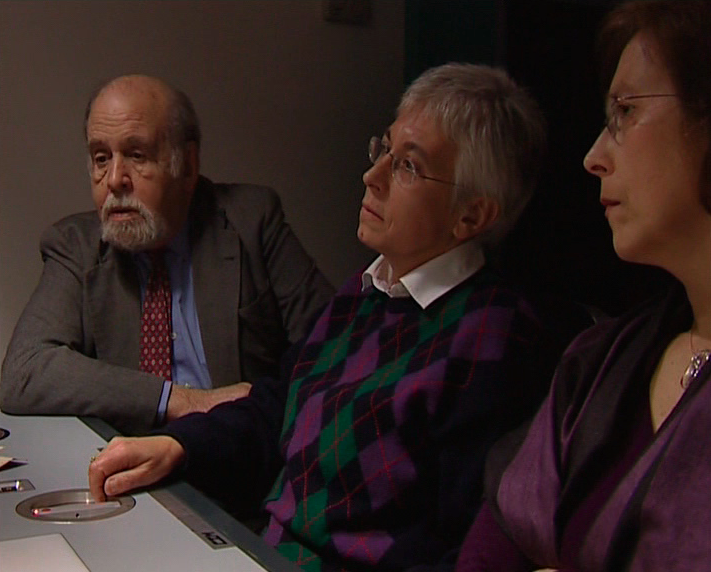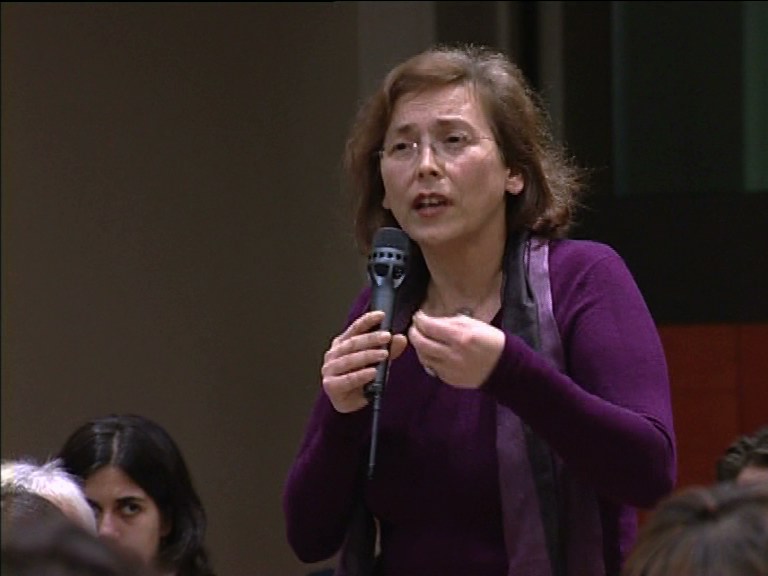Two stories of prison
The political dissent that emerged in Portugal at the end of the 1960s was solidified around the opposition to the colonial war that the government was waging in Angola, Mozambique, Guinea, and Cape Verde. This struggle held a special significance for women, who saw their husbands, sons, and university classmates leave the country for long periods. When they were not being sent off to war, men exiled themselves to escape military service and repression or fled to Europe or America to escape poverty.
Type (Documentaire / Documentaire fiction / Série documentaire)DocumentaryGenre en anglaisHistory & InvestigationDirected by Ginette LavigneSupported by CNC, ICAM, MC, RTPFestival(s)Sélection officielle, Sunny Side of the Doc (La Rochelle, 2004)Year2003Duration52min
It was up to the women who remained in the country—on farms, in factories—to ensure daily life, the education of children, and the fight against poverty. All of this occurred within an archaic and patriarchal system where women had no rights. Yet, in this isolated and underdeveloped country, many Portuguese women did not hesitate to take a stand, to enter into resistance, and to fight against the dictatorship.
On April 25, 1974, as the entire country adorned the soldiers of the Armed Forces Movement with red carnations, it was these women, prisoners at Caxias, who confronted the new power, engaging in discussions with the military and refusing to leave the prison without their fellow inmates.
This film will focus on some of these women who were arrested and imprisoned at Caxias. Some were detained for many years and were only released on April 26, while others had only spent a few months in Caxias and were part of the crowd waiting outside the prison to see their comrades freed.
They were supporters of leftist or far-left parties, sympathizers of democratic organizations, or Christians fighting against injustice. Sometimes, they had no direct ties to underground organizations, but they all shared a common opposition to the fascist regime that had plunged the country into an endless, traumatic, and disastrous colonial war, in which the young Portuguese generation was losing, if not their lives, at least their will to live.


